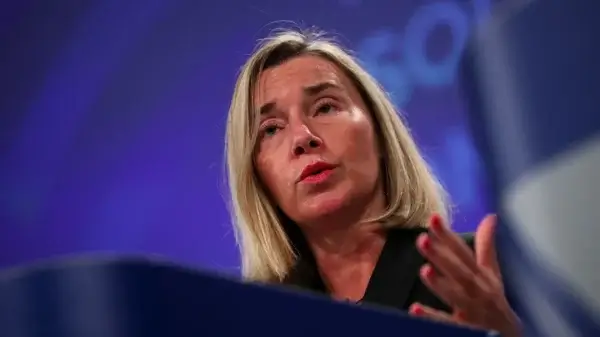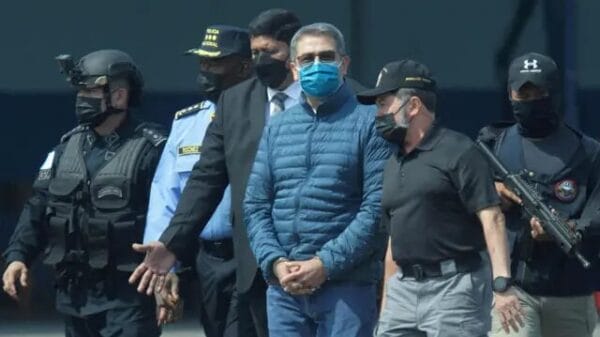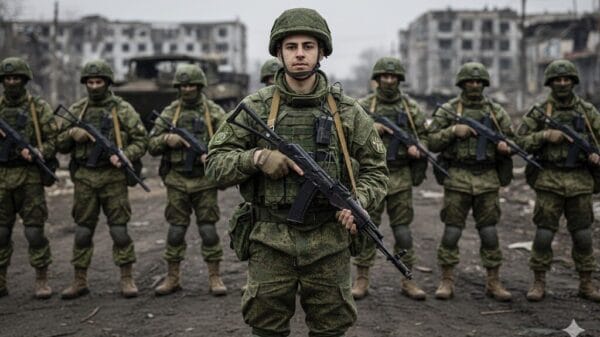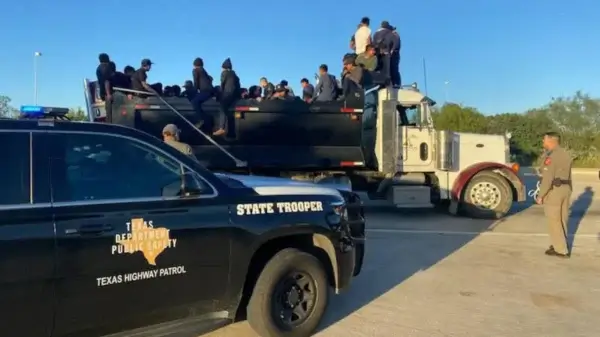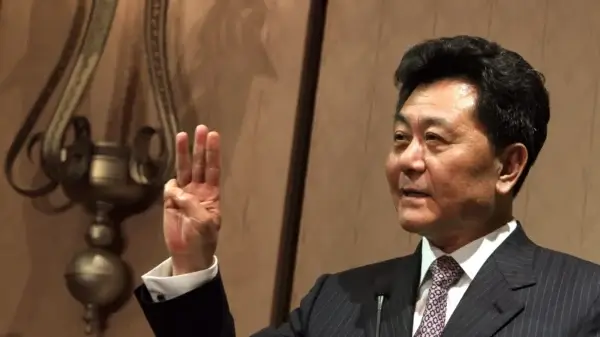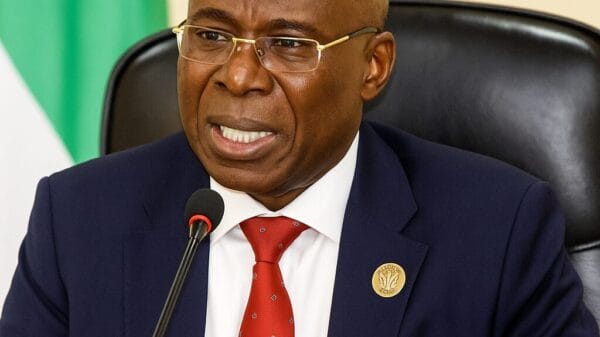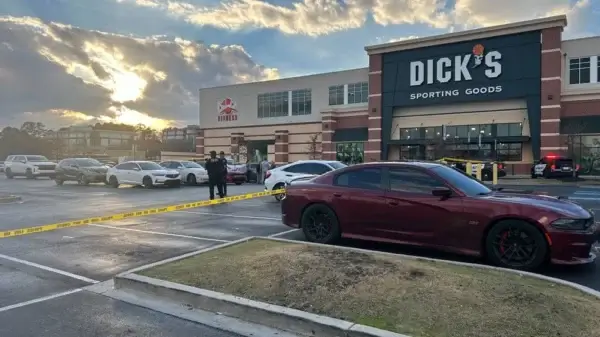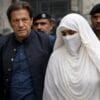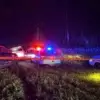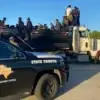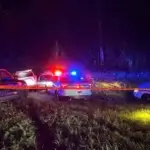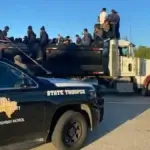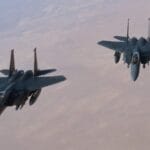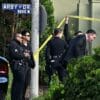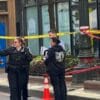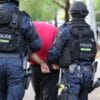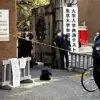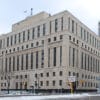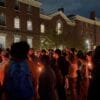In an alarming escalation of violence in the occupied West Bank, a group of Israeli settlers targeted a car-scrapyard in the town of Huwara, setting dozens of vehicles ablaze and leaving the site engulfed in thick black smoke. The incident prompted Israel’s Prime Minister Benjamin Netanyahu to call an urgent security meeting, as authorities grapple with an increase in extremist settler attacks and rising international scrutiny.
Car Yard Torched, Vehicles Destroyed
According to eyewitness accounts and reports from Palestinian officials, more than a dozen masked settlers entered the scrapyard late on Thursday in Huwara and began smashing vehicles before setting them on fire. The owner of the yard estimated that nearly 150 cars were either torched or severely damaged.
The military confirmed deployment of troops after receiving reports of stone-throwing and property destruction, though no arrests were immediately made.
Large plumes of dark smoke rose into the night sky as firefighters battled the blaze, footage from the scene showed.
Government Response and Broader Context
Prime Minister Netanyahu convened a high-level summit to address the surge in extremist settler violence in the West Bank. The meeting gathered senior security officials, law-enforcement chiefs and intelligence representatives.
The arson incident in Huwara comes amid a wider pattern of settler attacks on Palestinian property, farmland and vehicles — raising concerns about dwindling accountability and state enforcement.
Critics argue that existing mechanisms to deter or punish extremist settlers are weak, pointing to reduced use of administrative detention for Israelis compared with Palestinians, and low conviction rates for settlement-related violence.
Implications and Outlook
The destruction of the car-scrapyard — a vital source of income for its Palestinian owner and dozens of families — underlines the human impact of the escalated violence. Many residents in Huwara and other flash-points in the West Bank now say they fear further attacks, especially during harvest and olive-tree seasons, which have historically attracted settler incursions.
The recent arson, government response and growing international attention may mark a turning-point: either prompting meaningful enforcement action or further exposing the limits of existing governance in the occupied territories.
For now, the situation remains tense, with potential implications for regional stability, Israeli-Palestinian relations and the international scrutiny of state responses to extremist violence.


